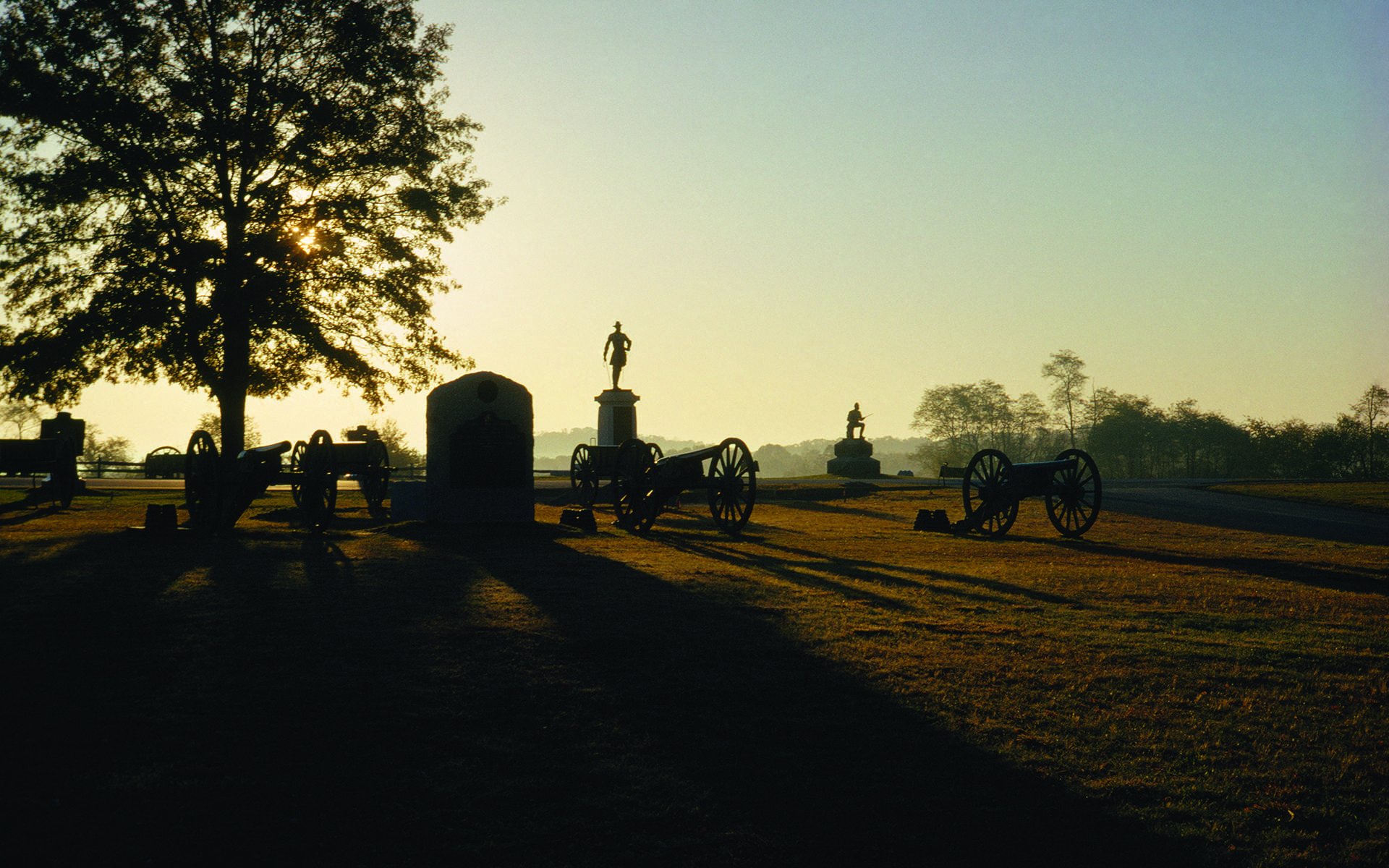1. Childhood Memories of Gettysburg’s Battlefield
Recount early experiences playing “war” among Devil’s Den and Little Round Top, highlighting how the innocence of youth contrasts with the battlefield’s grim history.
2. From Play to Reflection: A Personal Return
Describe the author’s journey back as an adult—walking the fields beside his mother’s nursing home—and how revisiting the site shifted his perspective from game to gravity.
3. The Human Cost of Conflict: Seeing the Fallen Up Close
Explain how learning the true scale of casualties—nearly one third of 160,000 soldiers killed, wounded, or missing—awakens a visceral awareness of suffering and impermanence.
4. Lincoln’s Gettysburg Address as a Mindfulness Guide
Analyze Lincoln’s focus on dedication, equality, and the living’s responsibility, drawing parallels between mindful living and “the unfinished work” he invoked.
5. Contemplating “Unfinished Work” in Our Lives
Explore how mindful attention to places like Gettysburg calls us to examine our own personal and collective unfinished work—projects, relationships, or biases left unattended.
6. Mindfulness of Equality Amid Difference
Discuss the Address’s reaffirmation of “all men are created equal,” and how mindful practice can bridge divides by reminding us of our shared humanity.
7. Voices in the Field: Visitors’ Transformative Perspectives
Share visitor anecdotes—a child asking who won, a teacher moved to tears, a bus driver seeing civil rights born—illustrating how mindful presence deepens understanding across backgrounds.
8. The Escalation of Aggression and Its Consequences
Reflect on how small conflicts can spiral into large-scale violence, using Gettysburg as a stark case study in the perils of unchecked aggression.
9. How to Experience Gettysburg Mindfully
Offer practical tips: linger beyond the tourist attractions, hire a park guide, bring children for immersive learning, and resist commercial distractions to fully engage with the site’s lessons.
10. Lessons for a Divided World: Peace, Unity, and Awareness
Conclude by urging readers to carry Gettysburg’s mindfulness teachings—of shared fate, sober reflection, and nonviolent conflict resolution—into their everyday lives and communities.



